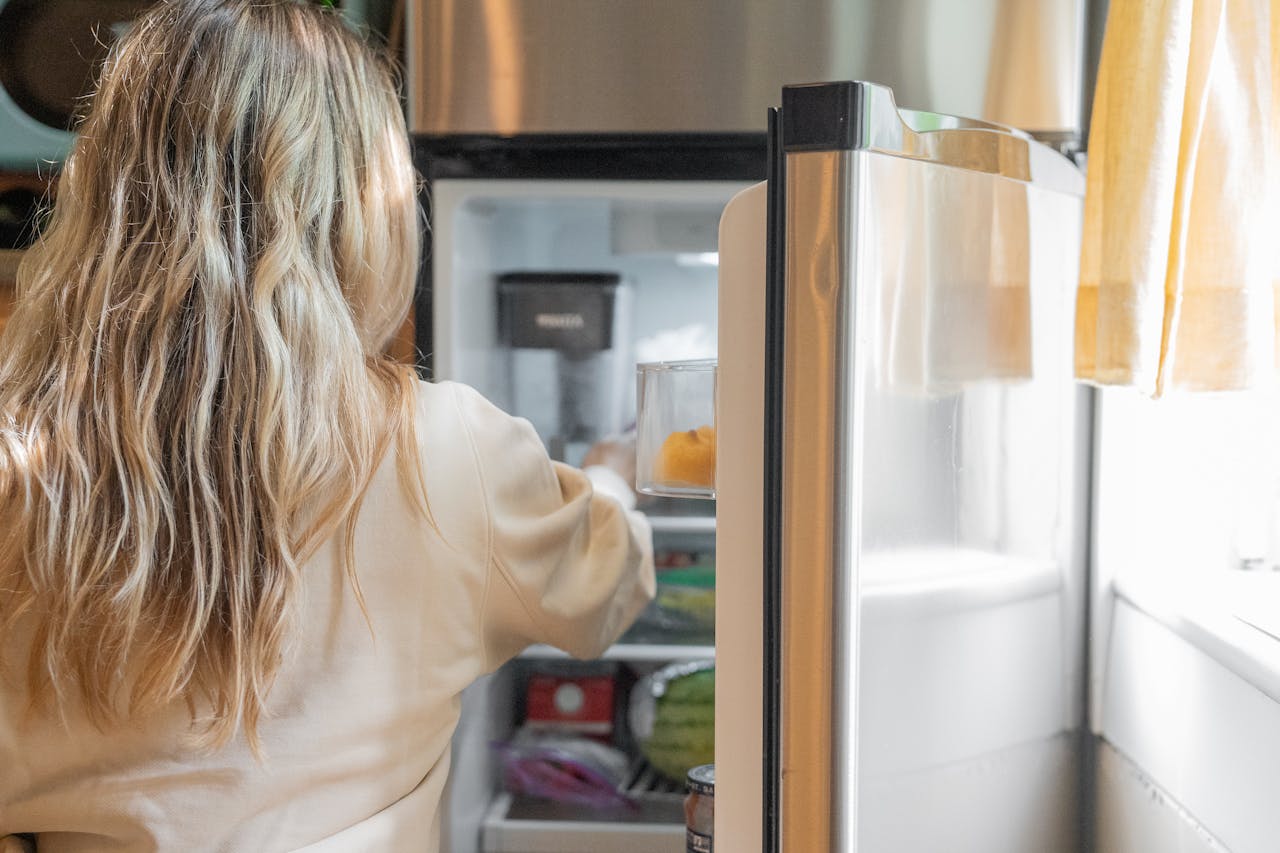Science
The More Absurd, the Greater the Belief: Where Conspiracy Theories Come From
08 January 2026

Why do we eat large amounts even after a satisfying meal? The fault is not a lack of willpower, nor the food itself. Scientists from the University of Leeds discovered that a single habit plays a crucial role in why we overeat, manipulating our brain and causing us to lose control over our appetite. Crucially, most people have practiced this habit for years without realizing it.
For years, we heard the same thing: chips, ready-made meals, sugary drinks—these allegedly destroy our health. Ultra-processed foods (UPF) were blamed for everything: obesity, heart disease, and even dementia. The list of accusations grew faster than the research findings. But new analyses pose a shocking question: what if the biggest problem is not the food at all, but… something entirely different?
Scientists at the University of Leeds decided to check if the widespread blaming of food even makes sense. Instead of repeating worn-out slogans about “bad food,” they asked one surprisingly simple question: why do we snack on certain things so much—and why is it so hard to stop eating them? The answer proved inconvenient because it targets not the food itself, but the way we think about it.
Professor Graham Finlayson’s team conducted three large studies involving over 3,000 British adults. Participants rated photos of 400 everyday products—from baked potatoes and apples to ice cream and biscuits. They were asked two things: how much they liked the food and how likely they were to eat too much of it. The results were published in the journal Science Direct.
The study’s findings surprised the researchers. It turned out that the mere perception of food as sweet, fatty, or highly processed increased the likelihood of overeating. The actual composition and nutritional value were of marginal importance. Products perceived as bitter or high in fiber had the opposite effect—participants wanted to eat less of them.
The most important conclusion from the study? The food’s composition is not the biggest influence on overeating. Scientists were able to predict seventy-eight percent of the tendency to eat beyond measure. How is this possible?
In other words: the “processed” food is not the problem. The problem is how our brain works and what labels we assign to food.
This does not mean that all highly processed products are harmless. Writing in The Conversation, the experiment authors point out that many are calorie bombs with low fiber content. The problem is that the label drawing attention to this is a clumsy tool with limited effect.
According to the study’s authors, the public debate lacks a distinction between eating products out of hunger and overeating for pleasure. “People don’t eat based solely on labels on packaging. They eat based on how the food tastes, how it makes them feel, and how it fits their health, social, or emotional goals,” note the Leeds scientists.
In many Latin American countries—including Chile, Mexico, and Argentina—warnings have already been introduced on UPF products. Black labels are supposed to discourage the purchase of “harmful foods.” Sounds great? Not necessarily. The University of Leeds researchers warn that this system could have the opposite effect.
Why? Because it groups everything together—both sugary drinks and healthy products, such as whole-grain cereals or bread. Instead of helping people eat better, it creates chaos and guilt with every choice.
Scientists propose a different approach: instead of instilling fear about food, teach people to understand why we overeat and how to break this mechanism.
Read this article in Polish: To dlatego ciągle podjadasz. Naukowcy wskazali jeden nawyk
Science
08 January 2026



Zmień tryb na ciemny